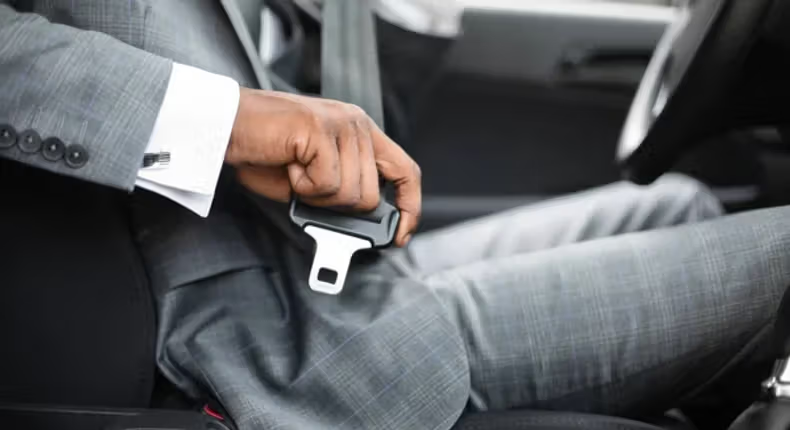Every time we enter a car, fastening our seatbelt is often an automatic habit, much like locking the door when leaving home. Despite its seeming simplicity, using a seatbelt is one of the most effective ways to protect ourselves on the road, with the potential to save more lives than many realize.
SEATBELTS SAVE LIVES
Wearing a seatbelt significantly reduces the risk of injury or death in car accidents. According to the National Highway Traffic Safety Administration (NHTSA), seatbelts lower the risk of death for front-seat passengers by about 45% and cut the risk of serious injury by 50%. These figures highlight the critical importance of this basic safety measure.
UNDERSTANDING THE IMPACT
The statistics indicate that nearly half of the lives lost in car accidents could be saved by simply wearing a seatbelt. This underscores the seatbelt’s role as a crucial, immediate safety tool, complementing other safety measures like advanced car technology and stricter driving laws.
COMMON MISCONCEPTIONS
Despite the clear benefits, not everyone wears a seatbelt. Common misconceptions include believing that seatbelts are unnecessary for short trips, uncomfortable, or that airbags alone provide sufficient protection. In reality, many accidents occur close to home, and airbags are designed to work alongside seatbelts, not replace them. Without a seatbelt, airbags can cause serious injury due to their force.
THE HUMAN COST OF NOT WEARING A SEATBELT
Beyond statistics, the emotional and personal costs of not wearing a seatbelt are profound. Each life lost in a crash represents a loved one—be it a parent, child, friend, or partner. Families are left to grieve and wonder if the outcome could have been different. Often, wearing a seatbelt could have made a critical difference.
PROMOTING SEATBELT USE
It’s essential to approach this issue with empathy. Some may forget to buckle up or may not fully understand the importance of seatbelt use. Encouraging seatbelt use is vital for preventing unnecessary loss and ensuring the safety of ourselves and our loved ones. It’s not just about legal compliance or avoiding fines; it’s about safeguarding lives in the face of unpredictable accidents.

